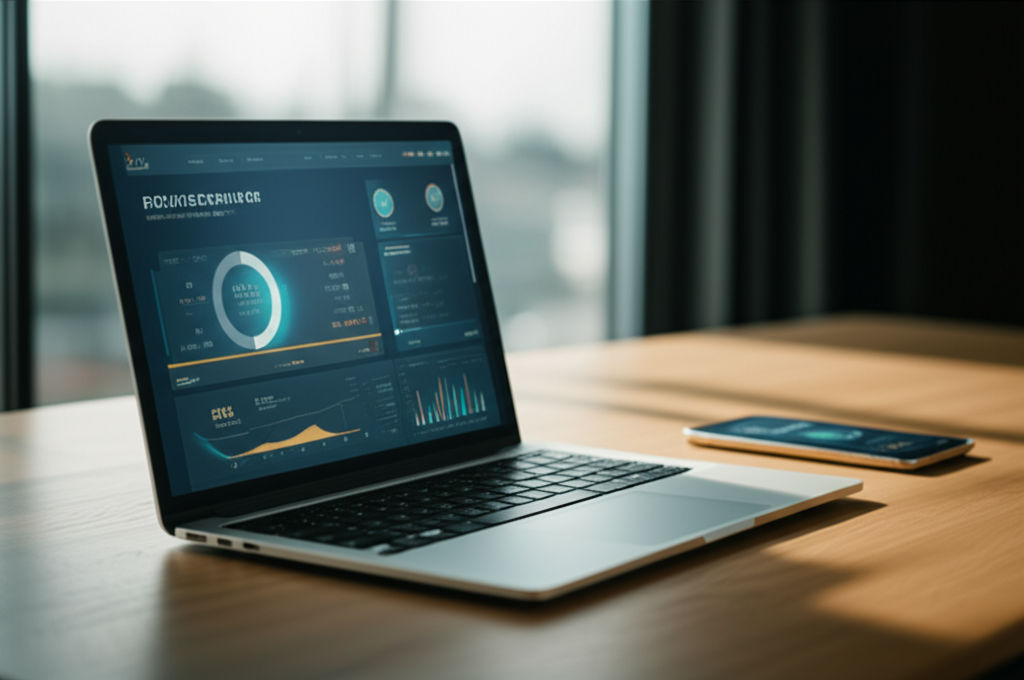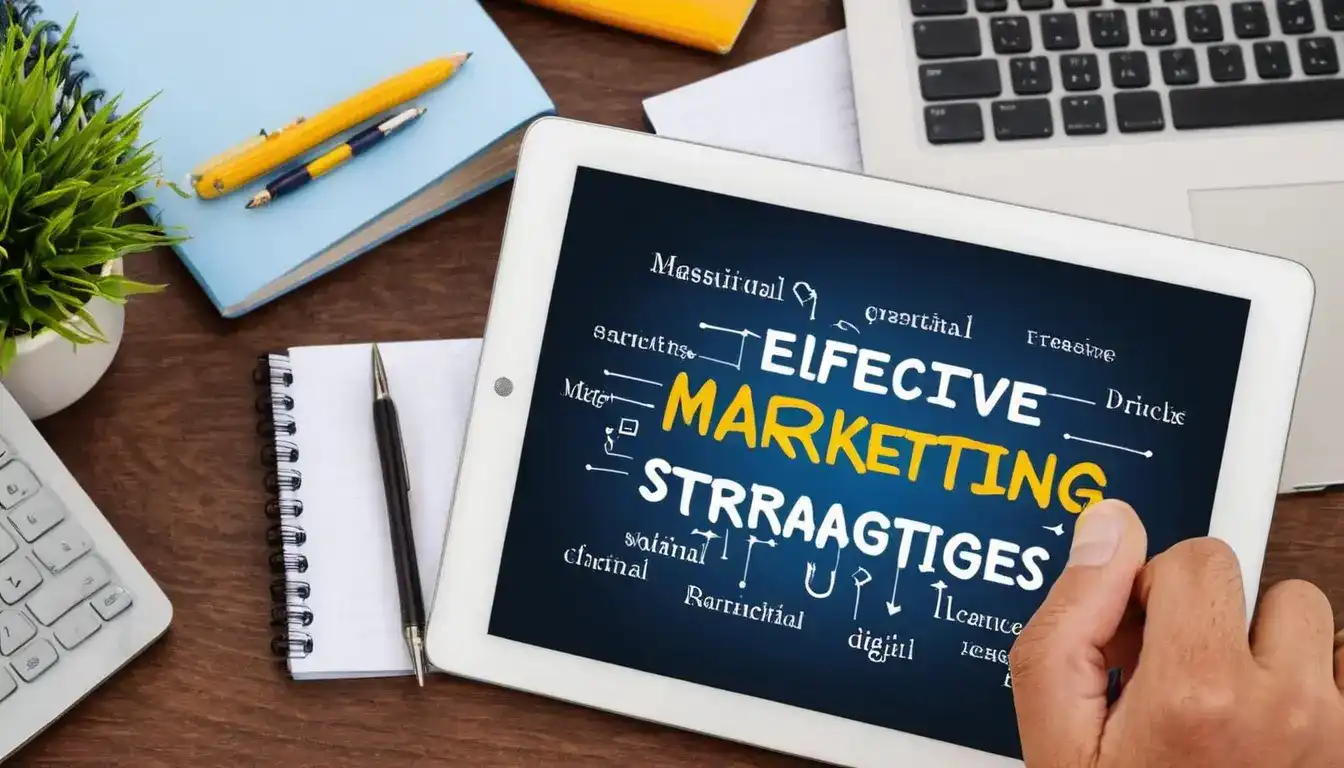Gig Economy: Opportunities & Challenges
Emily Willis

Photo: Gig Economy: Opportunities & Challenges
The gig economy has rapidly transformed the global labor market, offering both unprecedented opportunities and significant challenges for individuals and businesses alike. This dynamic landscape, characterized by short-term contracts, freelance work, and task-based assignments, is no longer a niche concept but a substantial component of how millions earn a living. Understanding its intricacies is crucial for navigating the modern world of work.
The Rise of the Gig Economy
The gig economy, at its core, involves a labor market where temporary, flexible, and often freelance work arrangements are prevalent, typically facilitated through digital platforms and mobile applications. This model has its roots in early 2000s digital marketplaces but has experienced exponential growth, particularly fueled by technological advancements, evolving workforce preferences, and economic shifts.
Several key factors contribute to this expansion:
- Technological Advancements: The proliferation of digital platforms, AI, and automation has made gig work more accessible and efficient, connecting workers with opportunities globally. Tools like instant messaging and video conferencing enable seamless communication regardless of location.
- Changing Workforce Expectations: Millennials and Gen Z, in particular, are embracing freelancing and flexible work arrangements, prioritizing autonomy and work-life balance over traditional 9-to-5 jobs. A significant portion of gig workers report higher satisfaction and happiness working independently.
- Economic Uncertainty: Businesses are increasingly seeking cost-effective and agile staffing solutions, turning to gig workers to manage project demands without the long-term commitment of full-time hires.
- Post-Pandemic Shifts: The pandemic accelerated the move towards remote and flexible work, opening the door wider for individuals to earn income on their own terms.
The gig economy's market size was valued at USD 556.7 billion in 2024 and is projected to reach over USD 2,146.87 billion by 2033, growing at a CAGR of 16.18% from 2025 to 2033. By 2025, gig workers are expected to constitute nearly 50% of the U.S. workforce, reflecting a broader shift towards project-based employment models. Globally, the gig workforce is anticipated to reach over 1.5 billion workers by 2025.
Opportunities of the Gig Economy
For many, the gig economy represents a pathway to greater professional and personal freedom. It offers a diverse range of opportunities for individuals seeking alternative employment models.
Flexibility and Autonomy
One of the most compelling advantages of gig work is the unparalleled flexibility it provides. Gig workers can often set their own schedules, choose their working hours, and decide where they want to work, allowing them to balance work with personal commitments like family, education, or other pursuits. This autonomy can lead to increased job satisfaction and overall well-being.
Diverse Income Streams and Financial Freedom
The gig economy enables individuals to diversify their income streams, reduce reliance on a single employer, and potentially achieve greater financial freedom. Many gig workers appreciate the ability to control their earnings by setting their own rates and choosing how much to work. It can be a way to earn extra cash as a side hustle or become a primary career path.
Skill Development and Learning
Engaging in diverse projects across different industries fosters continuous learning and professional growth. Gig workers can develop a broad skill set, enhancing their adaptability and marketability in the job market. The need to adapt to new projects and client requirements encourages staying updated with the latest trends and technologies.
Lower Barriers to Entry
For many, the gig economy offers a relatively low barrier to entry, making it an attractive option for students, retirees, or those looking to gain experience quickly. Digital platforms have streamlined the process of finding and completing paid tasks, making it easier to connect with potential clients.
Global Reach and Access to Talent
The digital nature of much gig work means individuals can access a global marketplace of opportunities, transcending geographical limitations. For businesses, this translates into access to a vast and diverse pool of specialized talent, enabling them to scale quickly and efficiently without the overheads of traditional hiring.
Challenges of the Gig Economy
Despite its numerous advantages, the gig economy also presents significant challenges that warrant careful consideration.
Income Instability and Uncertainty
A major concern for many gig workers is the lack of steady and predictable income. Income can fluctuate significantly based on demand, leading to financial insecurity and stress, especially during economic downturns. Unlike traditional employment, there's no guarantee of consistent work or pay.
Lack of Benefits and Protections
Most gig economy jobs do not offer traditional employee benefits such as health insurance, retirement plans, paid leave, or unemployment benefits. A 2023 study revealed that 54% of gig workers lacked access to employer-based benefits, requiring them to independently secure these crucial protections. This lack of a safety net can lead to financial instability and increased vulnerability.
Work-Life Integration vs. Balance (Burnout)
While flexibility is a major draw, the lines between personal and professional life can become blurred for gig workers. The constant need to seek new opportunities and manage workload can lead to stress, long and irregular hours, and a higher risk of burnout. Independent work can also lead to feelings of isolation due to a lack of workplace community.
Competition and Pricing Pressures
The low barriers to entry in many gig sectors mean increased competition among workers. This can drive down prices for services, making it challenging for gig workers to earn meaningful compensation, especially for those without highly in-demand skills.
Taxation and Financial Management
As independent contractors, gig workers are responsible for managing their own taxes, including self-employment taxes (which cover both employer and employee portions of Social Security and Medicare contributions). This requires diligent tracking of income and expenses, which can be complex and burdensome for those unfamiliar with such responsibilities.
Navigating the Gig Economy: Tips for Success
Thriving in the gig economy requires a proactive and entrepreneurial mindset. Here are actionable tips for success:
- Cultivate In-Demand Skills: Continuously learn and refine skills that are in high demand across various industries. Focus on niche specialization to stand out.
- Build a Strong Portfolio and Personal Brand: Showcase your best work and clearly define your unique value proposition. A strong online presence and positive reputation are crucial for attracting and retaining clients.
- Diversify Income Streams: Avoid putting all your eggs in one basket. Engage in multiple gigs or projects to mitigate income instability and reduce reliance on a single client.
- Master Financial Planning: Develop robust financial literacy, including budgeting, saving for future goals, and understanding tax obligations. Set aside funds for taxes, health coverage, and retirement.
- Set Clear Expectations and Contracts: Always establish clear contracts with clients outlining payment terms, deadlines, scope of work, and other important details to avoid misunderstandings.
- Prioritize Well-being and Work-Life Boundaries: Implement time management and stress management strategies. Schedule dedicated work time and personal time to prevent burnout and maintain a healthy balance.
- Network and Build Community: Engage with other gig workers and potential clients through online platforms, professional organizations, and industry events. Networking can lead to new opportunities and valuable support.
- Embrace an Entrepreneurial Mindset: View yourself as a small business owner. This involves constantly marketing your services, cultivating a client base, and being accountable for your work.
The Future of the Gig Economy
The gig economy is not just a temporary trend; it is a fundamental shift shaping the future of work. Projections indicate continued rapid growth, driven by technological advancements and a persistent preference for flexible work.
Key trends expected to shape the gig economy include:
- Rise of Highly Skilled Gig Work: Beyond traditional ride-sharing and delivery services, there's a growing shift towards professional roles in IT, finance, healthcare, and marketing.
- AI and Automation Integration: AI will increasingly transform how gig work is sourced, managed, and completed, matching freelancers with jobs more efficiently and even automating some tasks.
- Enhanced Gig Worker Protections: Policymakers and platforms are exploring ways to offer portable benefits (like health insurance and retirement plans that move with workers) and stronger labor laws, recognizing the need to protect independent workers.
- Blended Teams: Freelancers may find themselves working more frequently alongside full-time employees as companies integrate gig workers into their long-term workforce strategies.
- Niche Specialization: The growth of niche markets will create more specialized opportunities
Latest ✨
View AllUnlock e-commerce success! Learn essential marketing strategies to attract, convert, and retain customers for your online shop. Drive sustainable growth.
Emily Willis
Small and medium-sized enterprises (SMEs) face challenges and opportunities in digital marketing. By building a strong online presence, leveraging social media, implementing email marketing, investing in PPC advertising, and analyzing performance, MSMEs can attract more customers and achieve growth. Embracing these strategies can help MSMEs succeed in the competitive digital landscape.
Emily Willis
creating a well-crafted study schedule to navigate the challenges of exams and academic pressure. It explains how a schedule boosts efficiency, reduces stress, improves time management, and promotes consistency. It also discusses different learning styles and provides a step-by-step guide to building a personalized study schedule.
Emily Willis
Unlock startup success! Learn the key differences between business incubators and accelerators. Discover which support system is ideal for your venture's growth...
Emily Willis
Business
View All
June 9, 2025
Expand Your Business GloballyExpand your business globally with our comprehensive guide! Discover how to tap new markets, boost profits, and achieve international success.
Emily Willis

June 8, 2025
Secure Venture Capital FundingDemystify venture capital funding! This guide helps aspiring entrepreneurs secure VC, understand its benefits, and determine if it's right for their high-growth...
Emily Willis

June 9, 2025
Develop Strong LeadersCultivate strong, visionary leaders! Learn actionable strategies to drive organizational success, resilience, innovation, and growth.
Emily Willis
Economy
View AllEconomic reform: A practical necessity for nations seeking lasting prosperity, growth, and stability. Explore its purpose and impact on daily life.
Read MoreDiscover why economic planning is the strategic roadmap for national development, ensuring efficient resource allocation, prosperity, and a stable future.
Read MoreGlobalization has a profound impact on the economies of developing countries, offering both opportunities and challenges. By increasing access to markets, facilitating technology transfer, creating jobs, and promoting cultural exchange, globalization can drive economic growth and development. However, addressing the challenges of economic inequality, loss of domestic industries, environmental impact, and cultural homogenization is essential to ensure sustainable and inclusive growth. By adopting strategic measures and fostering international cooperation, developing countries can maximize the benefits of globalization and build a brighter future
Read MoreEntertainment
View All
July 4, 2025
Floating Fun CenterDive into delight at Floating Fun Centers! Explore dynamic inflatable water parks packed with slides, obstacles, and endless summer adventure.
Emily Willis

August 4, 2024
The Latest Music Trends, Artists Influencing Pop Culture, and How Digital Platforms Facilitate the Distribution of Music GloballyThe music industry is constantly changing due to consumer preferences, technology, and the influence of artists. Digital platforms have revolutionized music creation, distribution, and consumption, leading to genre fusion, the rise of independent artists, and collaborative projects. Influential artists like Billie Eilish, BTS, and Taylor Swift have shaped pop culture globally. Streaming services, social media, and direct-to-fan engagement have transformed music distribution. Digital platforms also promote cultural diversity and inclusivity, expand markets and revenue, and drive technological advancements. The industry is also focusing on sustainability and ethical practices. To succeed in the future, stakeholders must embrace digital transformation and champion inclusivity.
Emily Willis

August 5, 2024
Arts Education's Importance: Nurturing Creativity and Fostering ExpressionArts education is often overlooked in a world focused on standardized tests and STEM subjects, but it plays a vital role in nurturing creativity, self-expression, and essential skills in students. Arts education allows students to unleash creativity, build confidence, improve communication and collaboration skills, develop critical thinking and problem-solving abilities, increase cultural awareness and appreciation, and enhance emotional intelligence.
Emily Willis
Health
View Allcultivating healthy lifestyle habits to improve overall well-being. It focuses on three pillars of well-being: nutrition, exercise, and sleep. It provides tips on how to incorporate these practices into daily routines, such as eating a variety of foods, finding enjoyable forms of exercise, and establishing a consistent sleep schedule.
Emily Willis
Breaking the silence: This article explores men's mental health, societal pressures, and unique challenges. Discover steps to foster mental wellness.
Emily Willis
King Charles's health updates: prostate & cancer. See how the Royal Family's transparency impacts the monarchy and boosts public health awareness.
Emily Willis
Trending 🔥
View All
1
2
3
5
7
8
9
10
Lifestyle




Sports
View AllAugust 4, 2024
Sports Technology Innovation: Revolutionizing Training and Performance Analysis
Read MoreAugust 5, 2024
Sportsmanship in the Spotlight: Cultivating Respect, Integrity, and Ethical Behavior
Read MoreTechnology
View All
August 5, 2024
Oculus Quest 2 vs HTC Vive Pro – Which Should You Choose?
Oculus Quest 2 vs HTC Vive Pro – which VR headset reigns supreme? Dive into this ultimate showdown to discover the strengths and weaknesses of each, and decide which one is worth your investment. From specs and comfort to content and price, we'll help you make an informed choice.

August 5, 2024
How to Build a Smart Home Using IoT Devices
The concept of a smart home has become a practical reality for many homeowners, utilizing IoT devices to automate and control household functions.

August 4, 2024
Sustainable Technology: The Key to a Greener Future
sustainable technology in addressing environmental challenges and creating a more sustainable future.

August 4, 2024
All-Time High Cybersecurity Breach: How to Safeguard Your Company and Personal Information
threat of cybersecurity breaches in today's digital age, highlighting factors contributing to the rise in cyberattacks such as increased reliance on technology, evolving threats, remote work, and profit motive for cybercriminals.

















